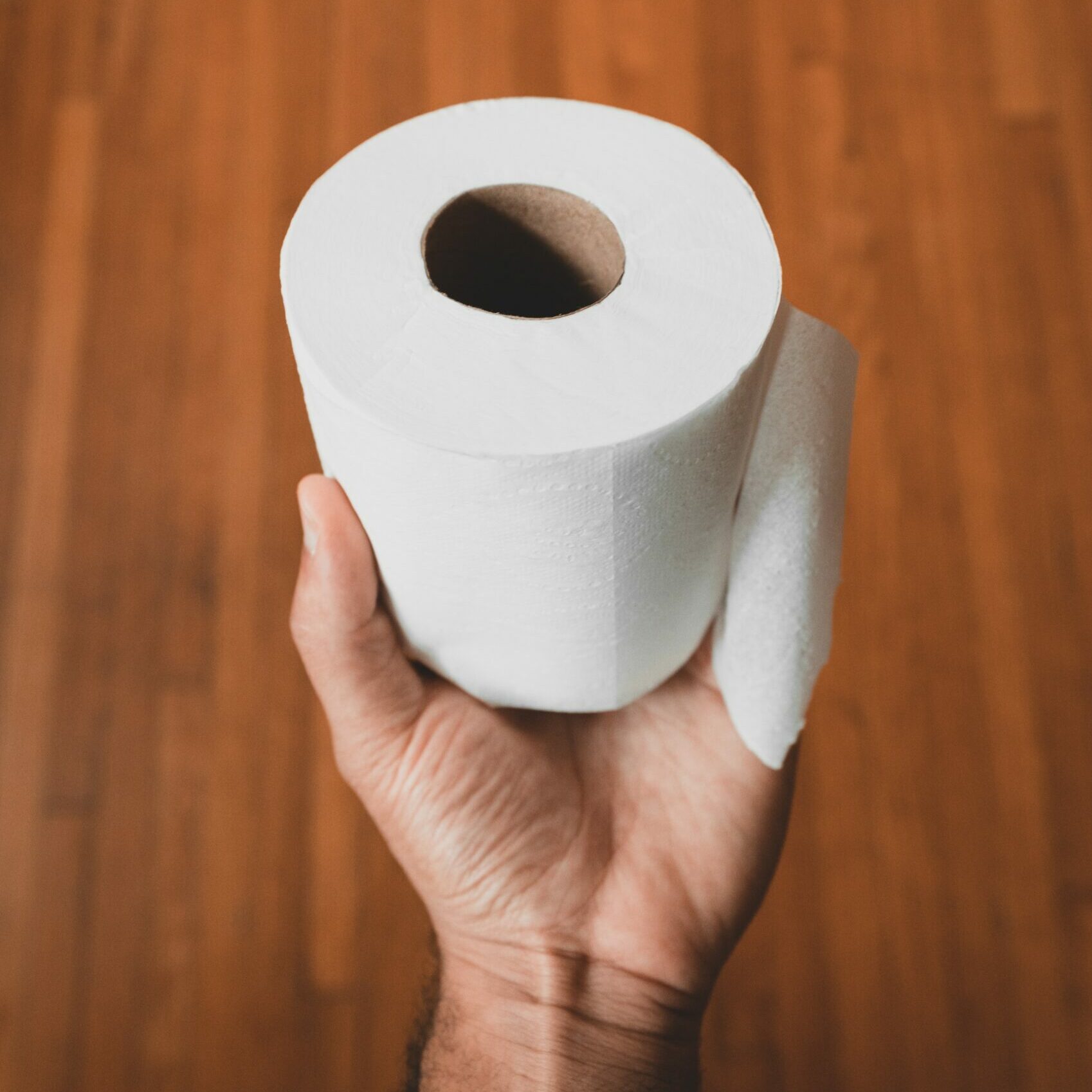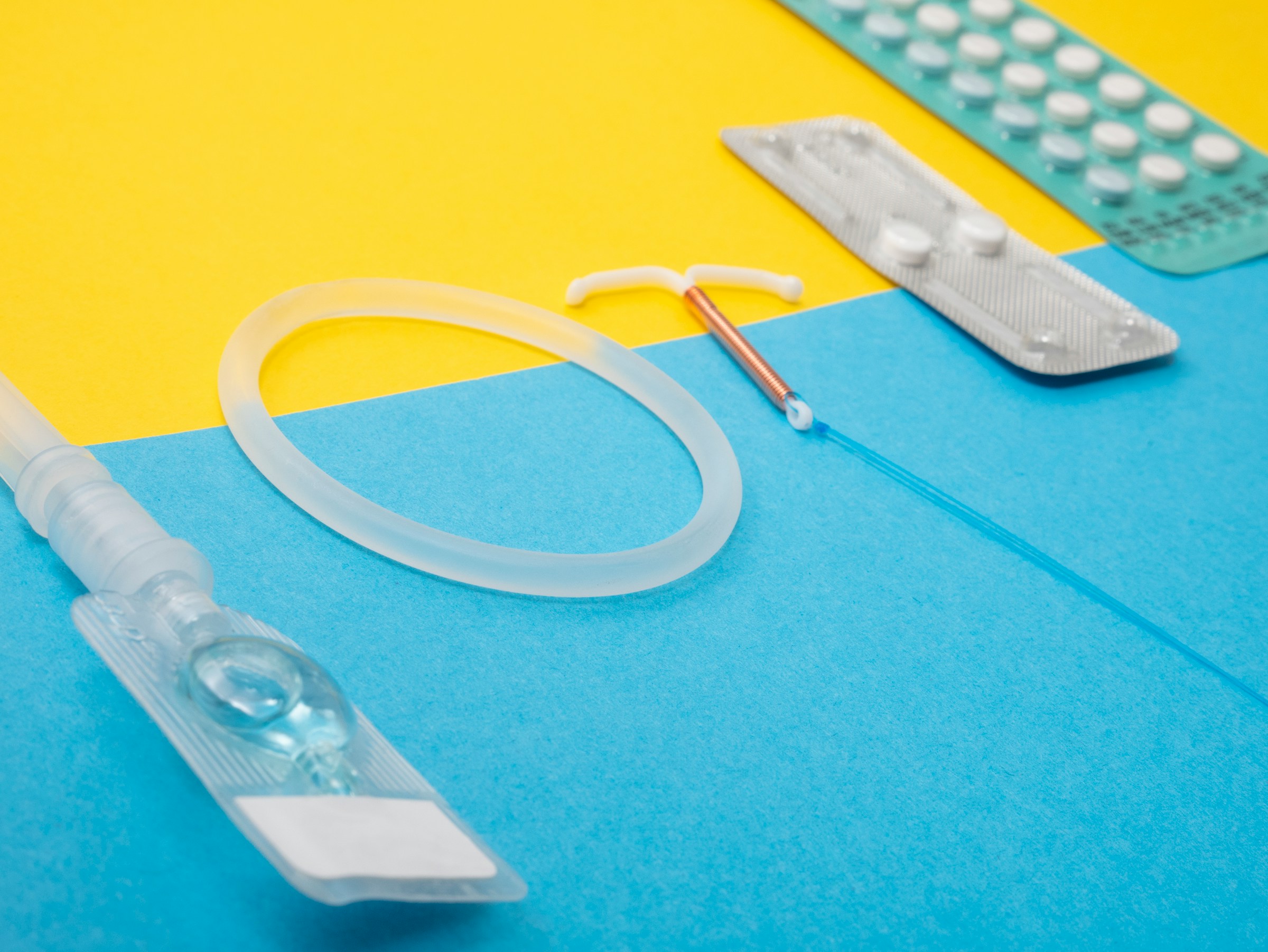Introduction
Irritable bowel syndrome (IBS) is one of the most diagnosed gastrointestinal diseases. IBS is defined as altered bowel habits with the presence of gastrointestinal or abdominal discomfort without any other diagnosis present. Due to the complexity of the GI system and the various causes of IBS, it takes a very individualized and patient-centered approach to effectively treat. My goal with this 2-part article series is to help shed some light on the different causes of IBS and how when the cause is discovered the fix is typically simple. If you would like to skip right to the natural remedies for IBS check out part 2 here.
Types of IBS (IBS-C, IBS-D, IBS-M)
IBS can be further diagnosed depending on the specific symptoms. If you tend to get diarrhea, you will be diagnosed with IBS-D. A predominance of constipation will be diagnosed with IBS-C. IBS-M is for a mix of symptoms this tends to be someone who alternates between constipation and diarrhea. Your symptoms help point us in the direction of what may be causing the dysfunction in your gut. For example, IBS-D has been associated with an increase in immune cells called mucosal T-lymphocytes. This means there is dysfunction in the immune system, typically due to an infection, or food allergy. This is typically where you will see diagnoses such as Crohn’s disease, Ulcerative Colitis, and Celiac disease. IBS-C tends to have a psychological component more than IBS-D. IBS-C and IBS-D tend to have different microbiomes affecting them. It is important to remember that this is a generality, and most patients forget to read the textbook. Determining the cause or causes of your specific condition will often be more involved than matching symptoms with the “classic” presentation of a disease.
How IBS is diagnosed
Classically IBS is diagnosed as someone who has had at least 1 day per week of abdominal pain in the last 3 months and this discomfort is related 2 or more of the following:
- Related to defecation (makes pain better/worse)
- Change in the frequency of bowel movements (more or less per day)
- Stool changes appearance or form (different color, consistency, etc.)
If you match those criteria, you would be diagnosed with irritable bowel syndrome, keep reading to learn what to do about it.
Common Symptoms of IBS
Although this may feel awkward or embarrassing to talk about, your specific symptoms will help your doctor determine what is causing your discomfort. Symptoms of IBS include abdominal pain and discomfort typically around the middle to lower abdomen, however, this can be variable from person to person. The timing of the pain after eating can help narrow down where the problem is. Texture is important too hard, soft, looser, lumpy, watery, etc. You may experience bloating; this is usually more indicative of a bacterial or fungal overgrowth. As the infection eats your food it produces gas that you feel as bloating.
Brain fog, irritability, depression, anxiety, low motivation even when you have energy, and even the feeling of being drunk or hungover when you haven’t been drinking are all symptoms of IBS and GI dysfunction. Many refer to the GI system as your “second brain” because a large amount of your neurotransmitters (~95% of serotonin and ~50% of dopamine is made in the gut). On top of that chemicals called aldehydes and ammonia can be released by bacterial and fungal overgrowth. These can cause damage to the blood-brain barrier and allow toxins into your brain, causing the symptoms mentioned above. As you can see your gut health can have a huge effect on your brain and your mood.
Irritation to your gut weakens your intestinal lining creating a “leaky gut”. This allows undigested food particles into your bloodstream that your immune system is forced to react to. This is also why food sensitivity tests will often show a long list of foods that you are reacting to. I’m not against food sensitivity tests, but they need to be put into the context of the patient.
Causes of Irritable Bowel Syndrome
- Stress
- Allergies
- Abnormal microbiome (GI infection)
- Poor diet (usually too much sugar)
Bowel moving too fast or too slow will cause issues. Too fast and you aren’t absorbing your food as much as you should. Too slow and bacteria has the chance to grow where it shouldn’t. Some aren’t making the stomach acid necessary to sterilize their food, stomach acid also signals your gallbladder to release bile so you can digest fats. There are several reasons why your bowels are moving too fast, too slow, or your stomach acid is low.
Stress will cause your bowels and stomach acid production to slow down. If you are being chased by a tiger your body doesn’t care about digesting the crickets you just ate, eww. Lowering your overall stress may be the fix you need to get your gut right. This is discussed further in my article on stress, click here.
Many times, a food allergy can be the cause of your IBS. It is important to note that an allergy is different from a sensitivity. Those with an allergy are reacting to the protein in different foods, gliadin for gluten, solanine for nightshades, and casein for dairy. Sensitivity is typically some sugar in the food or the food is just irritating a damaged portion of the gut lining. Lactose feeds bacteria and creates gas, and you must run to the bathroom, or a high-fiber meal is essentially scratching an open wound in your intestines, ouch! When you improve your health and heal your gut there is a chance you will be able to tolerate a previous food allergy. Typically, sensitivities are a symptom of what is really creating dysfunction in your gut and these foods can be added back in when the cause is corrected.
Often when the true irritant is found you will have less food sensitivities and allergies. Sometimes one allergen will remain that will need to be avoided forever, but your reaction to mild cross-contamination should be decreased as you improve your gut and overall health.
I can’t talk about the gut without talking about the microbiome. We all have bacteria and fungus in our digestive tract. Many are normal and beneficial for us, allowing us to digest foods that we normally couldn’t. Problems occur when something allows these microbes to grow out of control, or in the wrong place. Typically, most of these microbes reside in our large intestine (the appendix holds healthy bacteria in it to help replenish our microbiome after we are sick. When bacteria/fungus makes it into the small intestine this is called small intestine bacterial/fungal overgrowth (SIBO/SIFO). Eating too much sugar can also “overfeed” certain microbes and allow them to multiply more than the rest and cause IBS. As discussed earlier a slow bowel will also allow overgrowth. When in balance your gut flora, helps you digest foods like dairy and gluten so we can gain benefit from these foods. It is truly a symbiotic relationship with our gut flora.
Many medications have constipation as a side effect, especially pain medication. Antibacterial medications also kill the bacteria in your gut and sometimes allow the more opportunistic microbes to take over. Doctors have begun giving probiotics with these meds to try to decrease the side effects. Most people have seen “gut cleanse” products being advertised and have either tried a few or know someone who uses these. While these can sometimes help, they are typically a mix of different medicinal herbs that will hopefully kill the specific microbe that is causing havoc in your gut. I’m a huge fan of medicinal herbs and use them often in my own practice, but this is a shotgun approach at best. It is much more effective to determine the specific herbs you need. Many times when you take an herb that you don’t need you can cause more problems. If you decide to do one of these GI cleanses and you start to feel worse, you are reacting to something you are taking. Contrary to mainstream functional medicine, Herxheimer reactions are a sign that what you are taking is ineffective.
If you are getting regular colonics or enemas, realize that you are effectively clearing out a lot of beneficial bacteria from your gut. You should not need to get these regularly to feel good. Stopping may feel worse for a few weeks as your microbiome grows back, but you’ll be better off for it, and you won’t have to spend any more money getting water sprayed up there.
Make sure to work with your doctor to rule out any other diagnoses but if IBS is what you have then read Part 2 to learn about what you can do to help improve your gut health!















Leave a Reply
You must be logged in to post a comment.